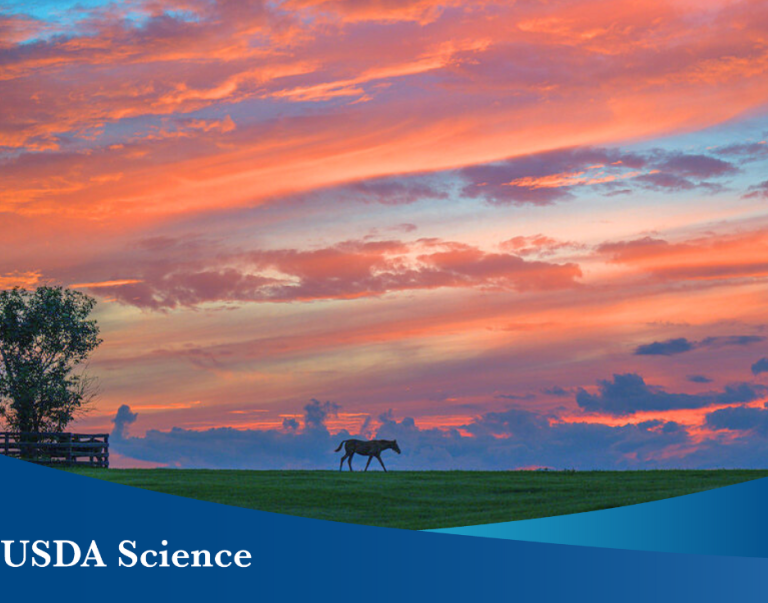Agriculture and Interior Departments Take Action to Strengthen Tribal Co-Stewardship of Public Lands and Waters
WASHINGTON, Nov. 15, 2021 – During today’s White House Tribal Nations Summit, President Biden announced that the U.S. Departments of Agriculture and the Interior have created the Tribal Homelands Initiative. This collaborative effort will improve federal stewardship of public lands, waters, and wildlife by strengthening the role of tribal communities in federal land management. Through a joint Secretarial Order (PDF, 270 KB), the two Departments codified a policy to facilitate agreements with tribes to collaborate in the co-stewardship of federal lands and waters.
The Departments also committed to ensuring that all decisions relating to federal stewardship of lands, waters, and wildlife include consideration of how to safeguard the treaty, spiritual, subsistence, and cultural interests of any Indian Tribes. The Order additionally directs the Departments to ensure that tribal governments play an integral role in decision-making related to the management of federal lands and waters through consultation, capacity-building, and other means consistent with applicable authority.
“We are committed to the values of equity and inclusion rooted in justice and equal opportunity for those we serve,” said U.S. Agriculture Secretary Tom Vilsack. “Shared stewardship of land management is a priority for USDA, and an important part of our responsibility to tribal nations. Management challenges like extreme wildfires, severe drought and invasive species do not recognize borders or boundary lines. Through shared stewardship, USDA Forest Service is coming together with tribal governments, states, and other partners to address these challenges and explore opportunities to improve forest health and resiliency.”
“From growing crops and taming wildfires to managing drought and famine, our ancestors have spent millennia using nature-based approaches to coexist among our lands, waters, wildlife, and their habitats. As tribal communities continue to face the effects of climate change, this knowledge – which has been passed down since time immemorial – will benefit the Department’s efforts to bolster community resilience and protect Indigenous communities,” said Interior Secretary Deb Haaland. “By acknowledging and treating tribes as partners in co-stewardship of our lands and waters, we will undoubtedly strengthen our federal land and resources management.”
Both Departments are responsible for the management of millions of acres of federal lands and waters that were previously owned and managed by Indian Tribes. Those lands and waters contain cultural and natural resources of significance and value to Indian Tribes and their citizens, including sacred religious sites, burial sites, wildlife, and sources of Indigenous foods and medicines. In addition, many of those lands and waters lie within areas where Indian Tribes have reserved the right to hunt, fish, and pray pursuant to ratified treaties and agreements with the United States.
In managing public lands and waters, the Departments are charged with the highest trust responsibility to protect tribal interests and further the nation-to-nation relationship with tribes. The Departments affirmed today that the United States’ trust and treaty obligations are an integral part of each Department’s responsibilities in managing federal lands. They also affirmed that tribal consultation and collaboration must be implemented as components of, or in addition to, federal land management priorities and direction for recreation, range, timber, energy production, and other uses, and conservation of wilderness, refuges, watersheds, wildlife habitat, and other values.
USDA touches the lives of all Americans each day in so many positive ways. In the Biden-Harris Administration, USDA is transforming America’s food system with a greater focus on more resilient local and regional food production, fairer markets for all producers, ensuring access to safe, healthy and nutritious food in all communities, building new markets and streams of income for farmers and producers using climate-smart food and forestry practices, making historic investments in infrastructure and clean energy capabilities in rural America, and committing to equity across the Department by removing systemic barriers and building a workforce more representative of America. To learn more, visit www.usda.gov.
#
USDA is an equal opportunity provider, employer, and lender.


